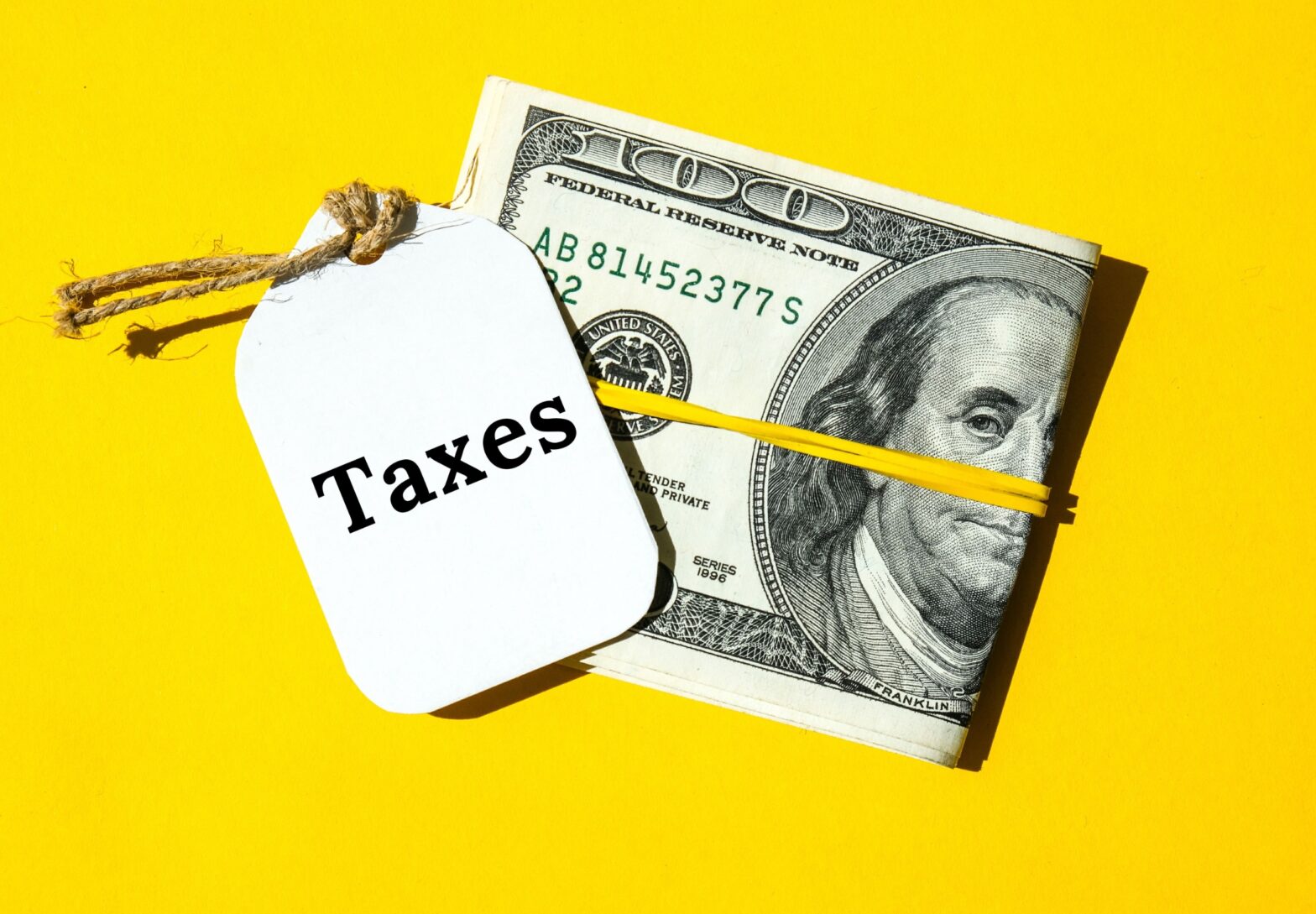
Death and Taxes, famously inevitable and often quite brutal on the un-seasoned Florida executor or Personal Representative dealing with a probate. In this article we provide a brief overview of how to handle both the Federal and State challenges that come with a Florida Probate.
Federal Estate Taxes
For most Americans, there will be no assessed Federal Estate Tax because of the large tax credits provided. Currently, the Federal Estate Tax is imposed only upon large estate. Below are the exclusion rates for the past four tax years.
| YEAR | EXCLUSION AMOUNT |
| 2011 | $5,000,000 |
| 2012 | $5,000,000 |
| 2013 | $5,250,000 |
| 2014 | $5,340,000 |
So obviously this is a Federal Tax that generates revenue from only the wealthiest American Estates. Current estimates provide that only about .2% of all Estates will of Federal Estate Taxes in 2015. So for 99.8% of households, no Federal estate tax will be due. If your estate happens to fall into one of these categories then you will be able to use the applicable tax credit against the taxable value of the estate. So for example if your estate was subject to taxes after the decedent passed in 2011 with $7 Million of gross taxable assets, the tax credit of $5 Million would offset the total taxable amount of the estate and Federal Taxes would be assessed against the remaining $2 Million. So if your estate is large enough to exceed the credit, you will be required to File an IRS Form 706.
Federal Estate Income Tax
In addition to the foregoing, if you’re an executor or personal representative of the estate, you may have to file a Federal Income Tax Return for the estate if (a) The gross income for the tax year is more than $600 for items of revenue generated by the estate. You may be asking yourself how an estate would generate income. Typically we are looking at income from rental property or investments accounts, CDs, Stocks, Bonds, or Mutual Funds. Remember that your estate is a separate entity like a corporation, so if you are the Personal Representative and the Estate has exceeded this threshold you will have to get an EIN from the IRS. Luckily the process is fast and simply, visit www.irs.gov to apply for one online. In situations where your estate is generating income, it will be possible to obtain many of the same deductions that would be available for an individual. Additionally, beneficiary distributions are allowed income distribution deductions.
Florida Estate Taxes
Currently Florida doesn’t collect its own Estate Taxes. This was not always the case, the current set-up is an outgrowth of the old system. Prior to January 1, 2005 there existed a “sponge tax” where Florida Taxed an equal amount to the Federal government for Estate Tax purposes. This amount was later offset by a dollar for dollar tax credit by the Federal Government and eventually Florida eliminated estate taxes altogether. Since Florida used to collect this sponge tax, the non-payment of your state estate taxes would trigger an automatic lien from the state. Now that it has been phased out, for estates where the decedent passed after January 1, 2005 if the estate was required to file a federal tax return, then the personal representative must file a Florida Form DR-313 in each county where the person who passed had owned real estate. Additionally, the DR-313 must be filed with the probate court. If however, you don’t owe the Federal Estate tax, then you simply need to file a Florida Form DR-312 in each county where the decedent owned real estate and file it with the Probate Court.
| FEDERAL ESTATE TAX RETURN? (706) | FLORIDA PROCEDURE |
| No | File a Florida DR-312 in every county where decedent owned property to prevent automatic lien. |
| Yes | File a Florida DR-313 in each county where the decedent owned property to avoid automatic lien. |
Many situations can arise that make Florida Probate Estates and the potential for tax liability confusing and intimidating. If you find yourself still struggling with your estate’s potential tax issues after reading this article, give us a call.
Brice Zoecklein, Esq.
Additional Resources:
The following federal and Florida tax links will be helpful for Probate/Estate Tax purposes:
Florida Forms
DR-312: http://dor.myflorida.com/dor/forms/current/dr312.pdf
DR-313: http://dor.myflorida.com/dor/forms/current/dr313.pdf
Federal Forms
IRS Form 706: http://www.irs.gov/pub/irs-pdf/f706.pdf
IRS Form 1041: http://www.irs.gov/pub/irs-pdf/f1041.pdf
Disclaimer: The information contained in this blog/website is for informational purposes only and provides general information about the law but not specific advice. This information should not be used as a substitute for advice from competent legal counsel as laws change and the facts in your specific case need to be analyzed.
















